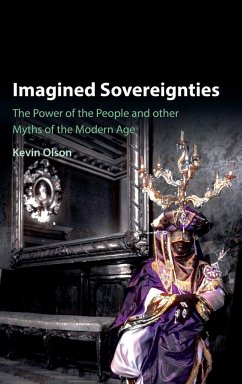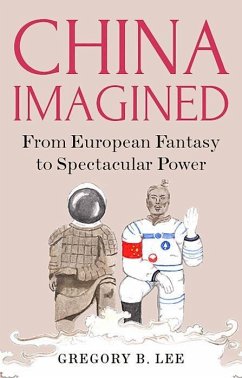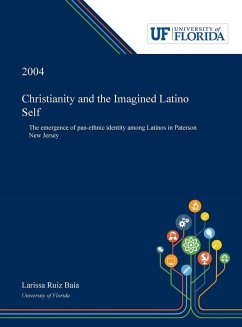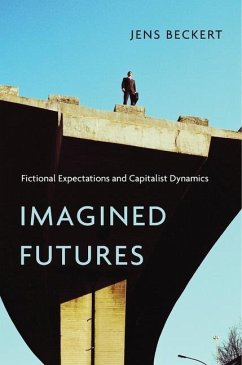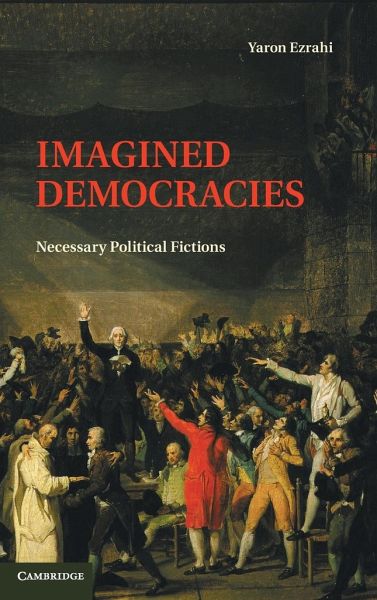
Imagined Democracies
Versandkostenfrei!
Versandfertig in 1-2 Wochen
123,99 €
inkl. MwSt.
Weitere Ausgaben:

PAYBACK Punkte
62 °P sammeln!
This book proposes a revisionist approach to democratic politics. Yaron Ezrahi focuses on the creative unconscious collective imagination that generates ever-changing visions of legitimate power and authority, which compete for enactment and institutionalization in the political arena. If, in the past, political authority was grounded in fictions such as the divine right of kings, the laws of nature, historical determinism and scientism, today the space of democratic politics is filled with multiple alternative social imaginaries of the desirable political order. Exposure to electronic mass me...
This book proposes a revisionist approach to democratic politics. Yaron Ezrahi focuses on the creative unconscious collective imagination that generates ever-changing visions of legitimate power and authority, which compete for enactment and institutionalization in the political arena. If, in the past, political authority was grounded in fictions such as the divine right of kings, the laws of nature, historical determinism and scientism, today the space of democratic politics is filled with multiple alternative social imaginaries of the desirable political order. Exposure to electronic mass media has made contemporary democratic publics more aware that credible popular fictions have greater impact on shaping our political realities than do rational social choices or moral arguments. The pressing political question in contemporary democracy is, therefore, how to select and enact political fictions that promote peace and how to found the political order on checks and balances between alternative political imaginaries of freedom and justice.





